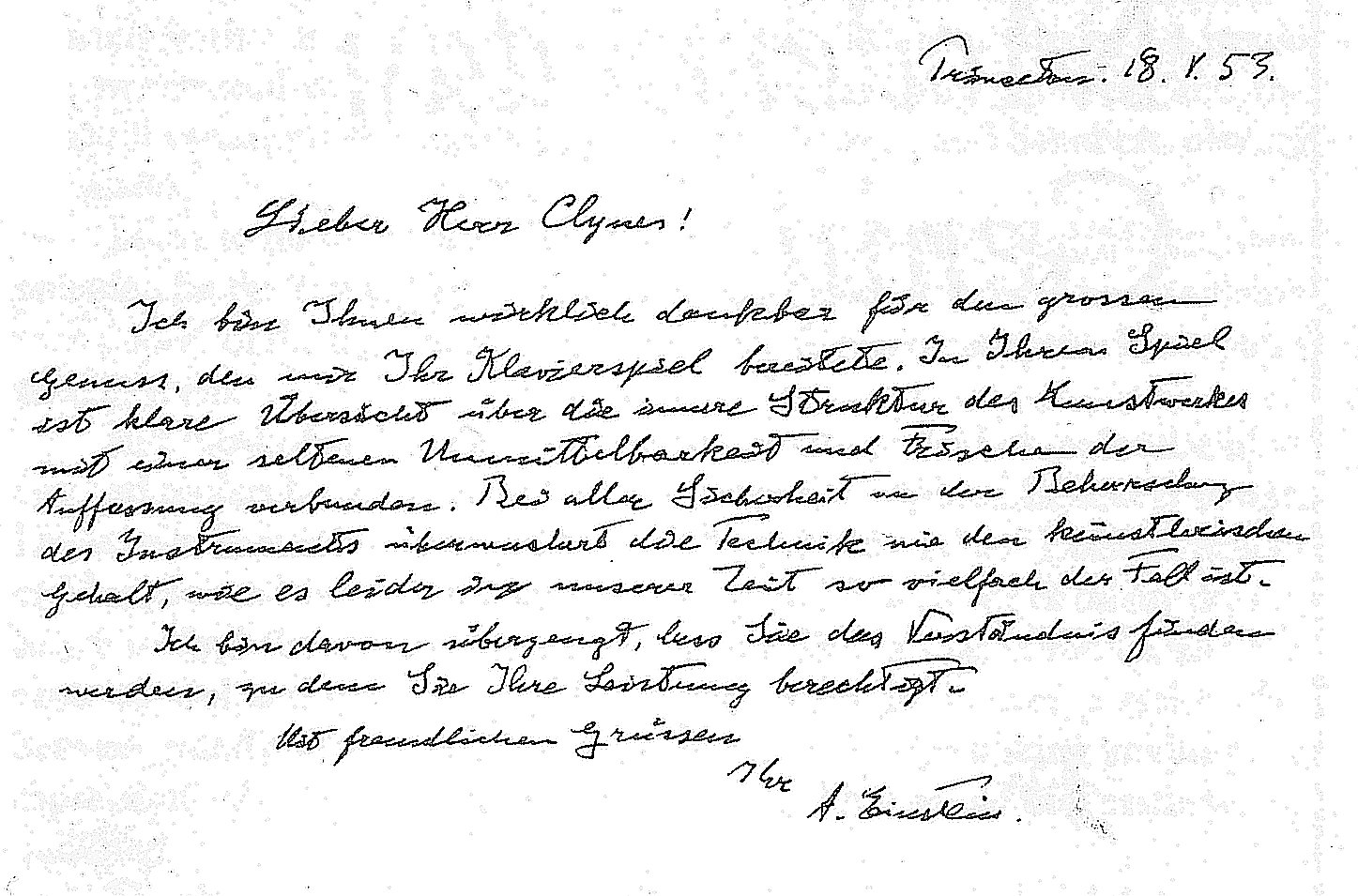Reflection reflection reflection. That's the name of the game. This time I'll be thinking about my own writing experiences.
Reflect on:
1. Your assumptions and ideas about writing before taking your first-year composition courses...
I've taken some pretty good English/composition classes in my life so I definitely already understood a lot of the ideas about writing that were emphasized in this course. However, I think this course had a much bigger focus on the technical components of writing as well as rhetorical analysis, neither of which I've really ever focused on in great detail. But other than that, I pretty much had the same assumptions and ideas about writing.
2. The most important lessons you have learned as both a reader and a writer as a result of taking your first-year composition courses...
I think (as I mentioned in #1) that I've learned a lot more about paying attention to the details of writing, which weren't necessarily a big concern for me before. But again, I think that's twofold because I learned about technical details but also about paying attention to genre and my audience and what I want them to get out of my writing. As a reader, I think I'm more conscious of the writer's intentions when I'm reading other people's works. That's really interesting to me because it feels almost like I'm double conscious; I'm reading the work and getting something from it, but I'm also cognizant of what I'm supposed to get from it and I'm actively assessing that as I'm reading it.
3. The ways you brainstormed, narrowed down topics, and worked on thesis statements...
In the blog post preparing for Project 3, when I was thinking of questions to answer in my writing, I really started to understand the process of choosing a topic. Brainstorming 25 question was easy because I just started spouting things off to myself about the gender gap and what I might want to know. But then in the blog post "Narrowing My Focus", it was a tough process trying to boil that 25 question list down to just 3 things but doing so helped me see how laser focused writing really is. I mean out of all of those 25 questions, I picked three and that was enough to keep me researching and writing for hours. The good part about it was that when it came time to craft a thesis statement, I knew which questions I was answering and so it was easy for me to take those questions and come up with a thesis statement about them.
4. The peer-review process, including what you offered and what you received...
I think the peer review process for this class was difficult for me because it wasn't face to face. It's hard to convey my ideas about a piece by writing about it, and similarly, it's a little harder to understand what people are trying to do with their writing when they're not there to read it to me. I think that second point might have been a good thing though because it made it easier for me to identify parts of people's pieces where the language was unclear and where they could have tweaked a couple things to make it easier to understand.
5. Individual or small-group process, including what you offered and what you received...
We didn't have any small-group processes that I can remember, outside of the peer review groups but I already wrote about that. However, I think we all offered a lot (some of us with different timing than others) and we all got a lot of value out of it at the same time.
6. The discussions you had about your paper with people who were not in your class...
I actually talked to a lot of my friends about the gender gap and what it means while researching and writing Project 3, which was really cool because it showed me that my writing doesn't have to stay on the page. If I can write about real things that actually matter, then writing becomes a vehicle that helps me reach new levels of understanding.
7. How you approached the revision process for each essay....
I was forced to approach the revision process for each essay. But once I started, I realized I was actually getting a lot of value out of it. The revision questions that I had to answer for the revision blog posts really made me stop and think about what I was doing in my writing and whether or not it was what I wanted to be doing. Questions like "what was the purpose and audience or your original paper? how did it achieve that purpose or reach that audience?" were really new to me and I think that considering these things after I had finished a draft really helped me identify what changes I needed to make to improve my writing.
8. Your understanding of reading and writing in different genres...
I definitely never gave thought to the fact that reading and writing in different genres are completely unique things. It really surprised me how much changes when genre changes: audience, tone, purpose, language and even format. After having gone through this course I think I'm much better equipped to assess what genre I'm working within and then read/write accordingly.
9. What you would do differently if you were to take you first-year composition courses again...
I would try to write my pieces sooner. Instead of waiting until the deadline was approaching to start getting things down on paper, I think it would make more sense and make me more successful to start early and get all of my ideas down into a piece of writing and then from there I could tweak it and alter it until it was really something good.
10. How college writing fits into your life now and how it will fit into your major and future career...
College writing fits into my life now because I'm in college and college students have to write a lot of things. Later, I think writing will play a pretty big role in my life because I'll have to communicate my ideas to a lot of people and it can't all be face to face. Especially in being a business major, language is really crucial to the things I'll be involved in and effective writing will help me to express my ideas clearly to my associates.
11. What did you learn (from a specific writing assignment, from a specific experience, or from the semester as a whole?
I learned to pay more attention to the details. Much of this knowledge came from the Clarity and Punctuation assignments, where I had to read chapters from Rules For Writers and reflect on the way I could take the technical things I had just read about and apply them to my writing. It really opened my eyes to all of the little nuanced things that can be done to make a really good piece. I had always thought that some people were just naturally awesome writers and others weren't.. and that still might be true, but now I know there's a guide for those of us who aren't as naturally talented.
12. Did the choices you made, or writing experiences you had, reinforce something you already knew about yourself or about writing?
They reinforced the fact that I procrastinate a lot. Which isn't necessarily a great thing at all, but it's true and I've started to find some good ways to work with (although the best way is to just do things earlier). But even more than that, my experiences in this course showed me that writing can be improved, just like anything else, with some time and some focus.
13. If you did not gain as much from a particular project as you had hoped, what are the possible reasons for that and what might you do differently the next time?
I think it would be because I rushed through it and didn't take the time to reflect on the experience or the process that I went through. This happens from time to time and I've come to accept it, but I know that I should really work on allotting sufficient time for myself so that I can really produce some good work.
14. Think about the course objectives listed on your syllabus as you consider your success in the class. What course objectives did you meet? What objectives are you still working on?
The course objectives are as follows.... students will be able to:
Analyze texts through close reading and critical thinking.
Deploy strategies to analyze texts considering their purposes, audiences, and contexts.
Write essays that develop analyses with evidence drawn from the texts you read.
Practice research, reading, writing, and revision strategies that can be applied to work in other courses and in different professions.
Use the conventions of scholarly research, analysis, and documentation to practice research as a process.
- Create multiple, meaningful revisions of writing and suggest useful revision to other writers.
I think after completing this course, I definitely am better equipped to analyze texts through close reading and critical thinking while considering their purposes, audiences, and contexts. I can write essays that develop analyses with evidence drawn from texts I've read, although I think I still have a lot of room for improvement in that section. I've definitely learned to research, read, write, and revise writing in a variety of different areas, which will be helpful as I go on to work in courses outside of first-year composition. I don't think I've really mastered the conventions of scholarly research. Scholarly research to me just seems really overly formal and it doesn't always yield pertinent information. For instance, all of the scholarly articles I found about the gender gap were from over 40 years ago, so those could only help me so much when I'm writing about the gender gap in 2015. But finally, I'm definitely able to create multiple, meaningful revisions of writing, and I think that's really what matters. As long as I can take something I've written and find ways to make it better, I think I'll be alright.






